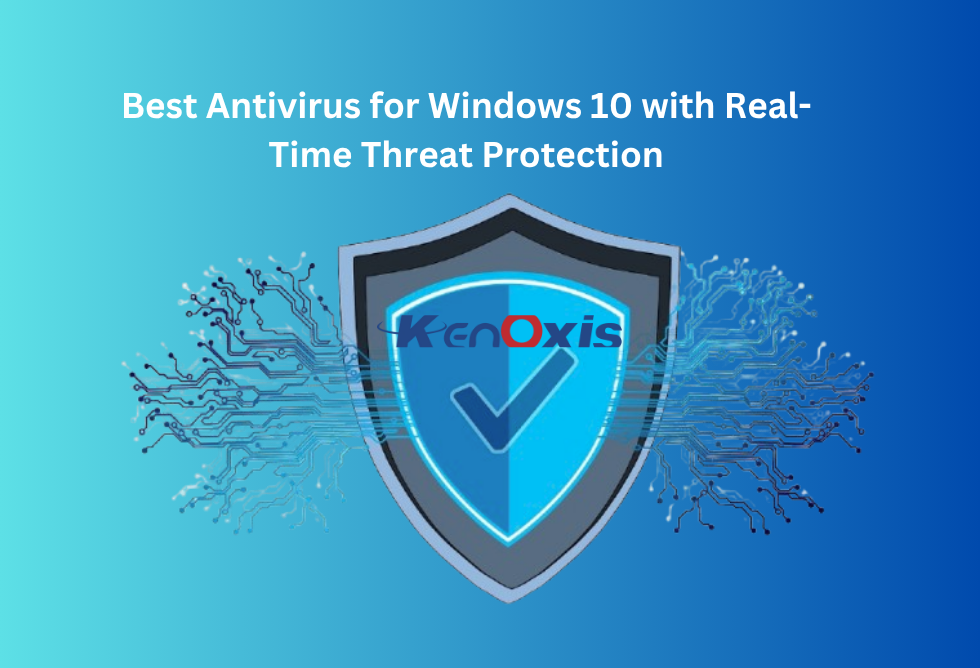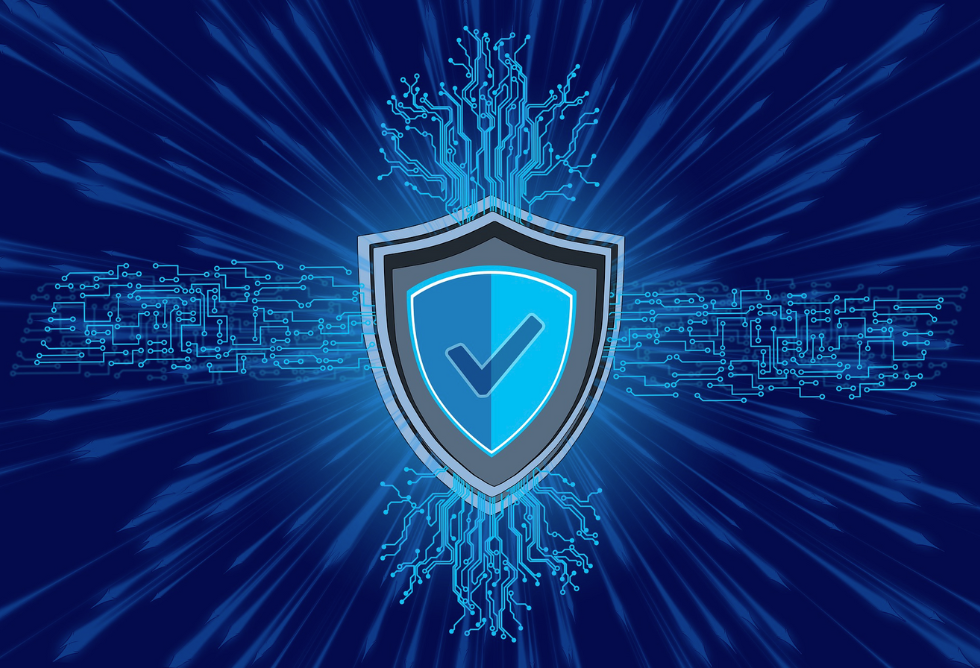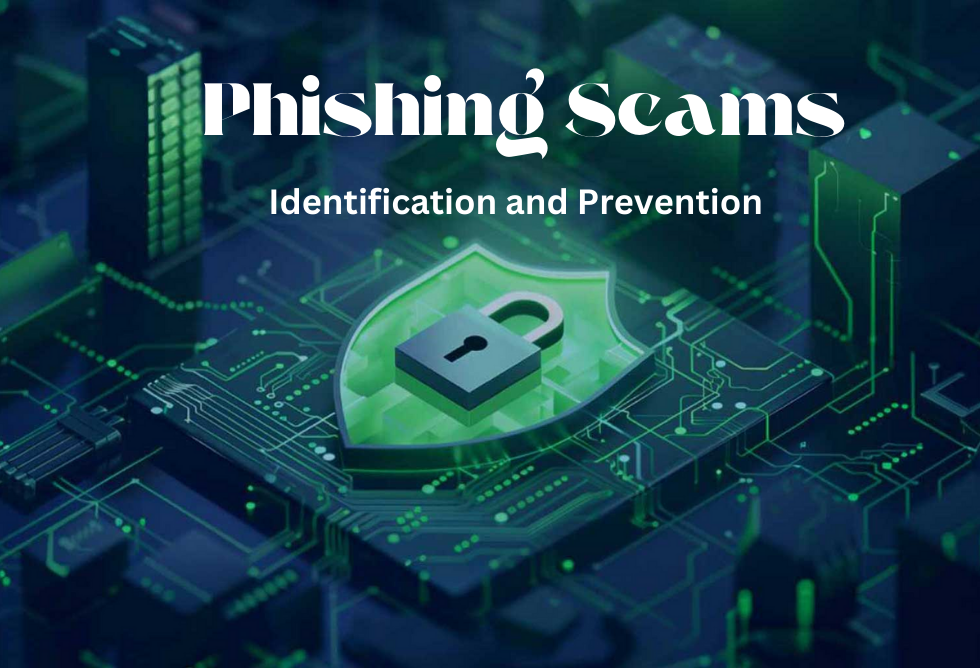How to Choose the Right Antivirus for Your Needs
.png)
In today’s connected world, antivirus software has become just as essential as your internet connection. Whether you’re working remotely, shopping online, or simply browsing the web, your devices are constantly exposed to threats like viruses, malware, ransomware, and phishing attacks.
But with so many antivirus solutions out there, how do you know which one is right for you? The answer depends on your habits, devices, and how much protection you truly need.
This guide will help you cut through the confusion and choose the antivirus that actually works best for your specific situation.
1. Know Your Online Behavior and Risk Level
Start by assessing how you use your devices. Not everyone needs the same level of security.
Light users: If you only check emails, watch videos, and use social media, basic protection may be enough.
Online shoppers and bankers: You’ll need stronger protection against phishing sites, keyloggers, and identity theft.
Remote workers or freelancers: You likely handle sensitive files or client data, so advanced security features like firewalls and encrypted storage are important.
Families: You might want parental controls and multi-device support to keep everyone safe.
Gamers or creatives: You’ll need something lightweight that doesn’t slow your system down.
Understanding your usage patterns helps you avoid paying for unnecessary features — or worse, under-protecting your devices.
2. Focus on the Core Features That Matter
Each antivirus tool provides some forms of basic security, but the best people move forward. Here are facilities to give priority:
Real-time protection: Blocks threats as they happen, not just during scheduled scans.
Anti-malware and ransomware defense: Protects against all kinds of dangerous software, including those that lock or steal your files.
Web and email scanning: Stops you from visiting malicious sites or downloading harmful attachments.
Firewall: Monitors and controls network traffic to stop external threats.
Automatic updates: Ensures your antivirus stays ahead of evolving threats.
The more of these features a tool includes, the safer you’ll be — especially if you’re often online.
3. Consider Compatibility and Performance
No one wants an antivirus that slows their computer to a crawl. Before installing any software, check:
System requirements: Make sure your device meets them.
Performance impact: Look for reviews that test speed and efficiency.
Compatibility: If you’re using Windows, macOS, Android, or iOS — or all of them — make sure the antivirus supports those platforms.
Multi-device support: If you need protection for your phone, tablet, laptop or desktop, consider a plan that covers several devices under a license.
The best antivirus programs run quietly in the background without interrupting your workflow.
4. Free vs. Paid Antivirus — What’s Right for You?
Free antivirus software can be surprisingly good — especially for light users. However, it usually comes with limitations like:
- Fewer features (no VPN, firewall, or password manager)
- Annoying ads or upgrade prompts
- No real-time customer support
- Limited protection against ransomware or advanced threats
Paid antivirus software, on the other hand, offers comprehensive protection. It typically includes real-time scanning, multi-device coverage, secure browsing, identity theft monitoring, and sometimes even parental controls.
If you’re using your devices for work, online transactions, or storing sensitive files, a paid antivirus is a smart investment.
5. Read Trusted Reviews and Independent Lab Tests
Don’t rely solely on marketing claims. Independent testing labs regularly review antivirus software based on real performance and protection scores. Check:
- AV-Test.org
- AV-Comparatives
- SE Labs
These sites test antivirus products under real-world conditions and rank them for malware detection, performance, usability, and false positives. Also, read customer reviews on platforms like Trustpilot or Reddit to understand what actual users are experiencing.
6. Look for Bonus Features Based on Your Needs
Some antivirus tools go beyond basic protection and offer additional tools that can be useful depending on your lifestyle:
VPN: Great for people who use public Wi-Fi or want to browse privately.
Password manager: Helps generate and store strong passwords securely.
Parental controls: Useful for families with kids using the internet.
Dark web monitoring: Alerts you if your data has been leaked online.
Cloud backup: Ensures important files are safely stored off-device.
While not everyone needs these features, having them included can make life easier and more secure.
7. Compare Popular Antivirus Brands
Here are a few well-regarded antivirus solutions you might consider:
Bitdefender: Excellent protection, very lightweight, includes useful extras like VPN and anti-tracker tools.
Norton 360: Strong all-in-one solution with identity theft protection, cloud storage, and family safety features.
McAfee: Great for multi-device users; includes a firewall, password manager, and VPN.
Kaspersky: Known for strong malware detection and minimal system impact.
Avast/AVG: Reliable free options with optional paid upgrades for more security features.
Each brand offers multiple plans, so review their features and pricing to find one that matches your needs and budget.
8. Test Before You Commit
Most paid antivirus programs offer:
- Free trial periods (7–30 days)
- Money-back guarantees (usually 30 days)
- First-year discounts
Use these tests to test the software. Make sure that it does not slow down your system, it is easy to use, and features actually work expected. If it does not meet your standards, go to the next one.
Conclusion
Choosing the right antivirus software is not about choosing the most expensive or most famous option-it is about finding a person who fits at your daily habits, your equipment and your risk levels.
Start by understanding your needs. Then, look for a reliable solution that provides the necessary features, performs well on your devices, and provides the level of support you required. If you handle sensitive information or work regularly online, do not cut the corners. Now a little payment can protect you from the major headache below the line.
In the digital world, staying safe isn’t a luxury — it’s a necessity.

.png)





.png)
.png)



.png)



.png)

.png)
.png)



.png)
.png)
.png)